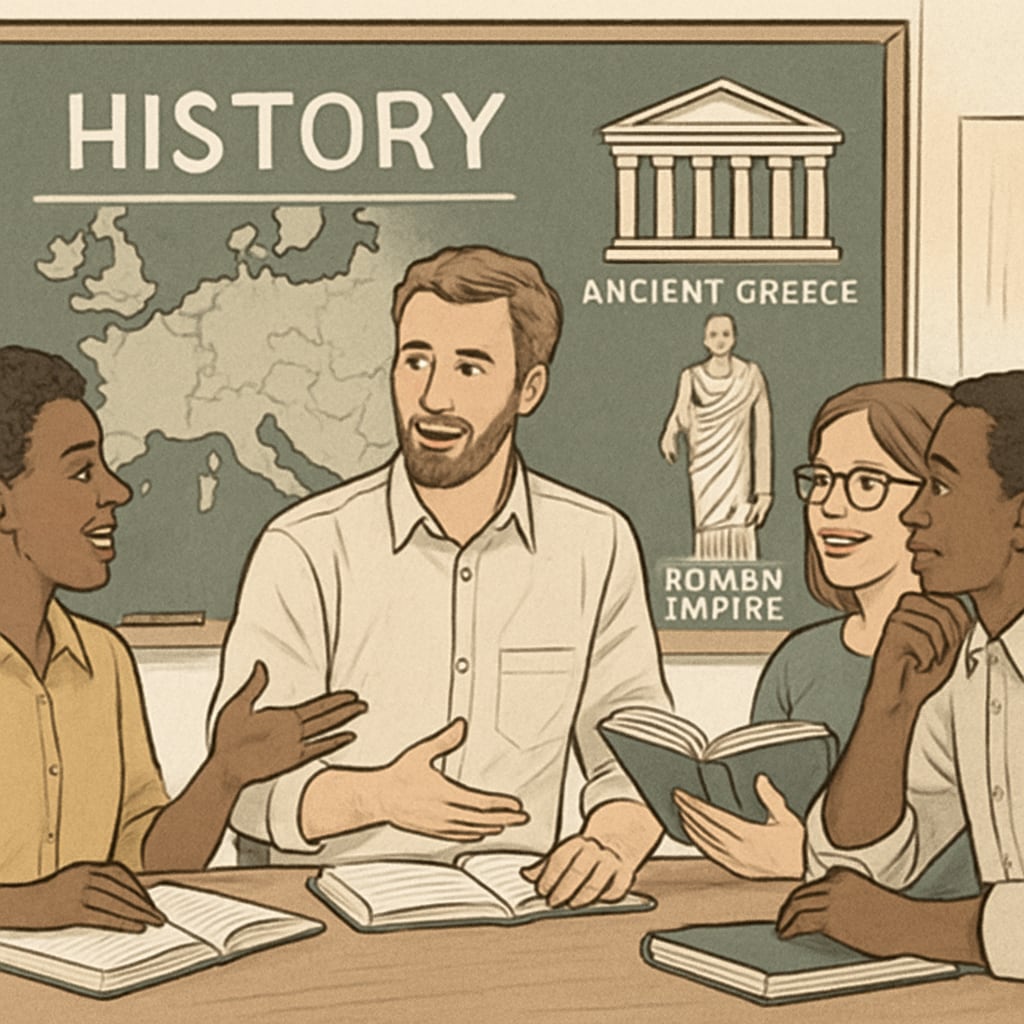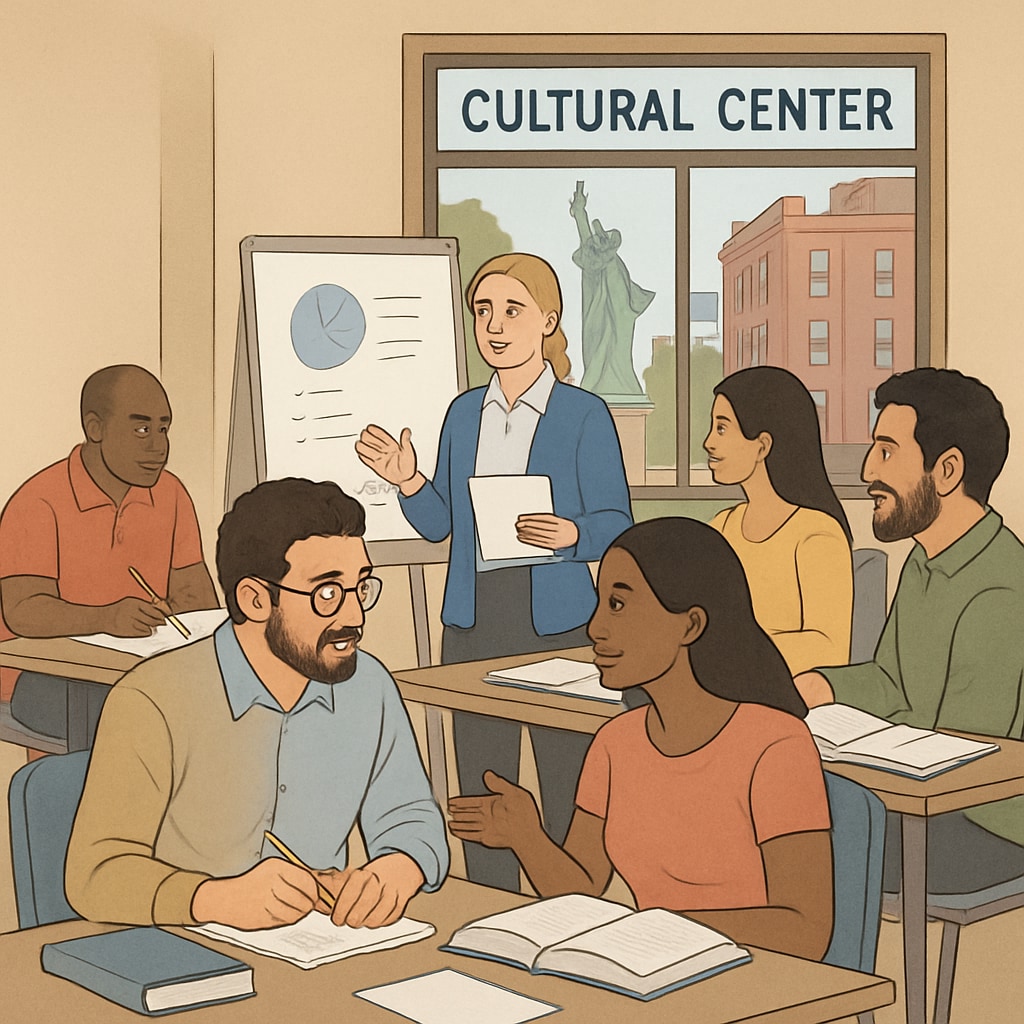In an increasingly globalized world, international adult students often encounter gaps in their understanding of Western foundational knowledge. This challenge can hinder both cultural adaptation and personal growth. Fortunately, New York offers diverse education programs tailored to help these learners bridge the gap. By building a deeper understanding of Western culture, history, and values, these courses support smoother integration and greater success in professional and social spheres.
Why Western Foundational Knowledge Matters
Understanding Western foundational knowledge—such as history, philosophy, and cultural norms—is essential for international students navigating life in the United States. This knowledge not only fosters cultural adaptation but also improves communication, builds confidence, and encourages meaningful connections with others. For example, grasping concepts like democracy, individualism, or the cultural significance of holidays can greatly enhance social interactions.
Moreover, employers and educators often expect a basic understanding of Western cultural references, making it a valuable asset for career development. As a result, many adult education programs in New York focus on these themes, ensuring students gain the tools they need to thrive.

Top Educational Resources in New York for Adult Learners
New York is home to a variety of institutions and programs designed to support international adult students. These resources range from community colleges to specialized cultural centers, offering courses that cover Western history, communication skills, and societal norms. Below are some notable options:
- Community Colleges: Institutions such as LaGuardia Community College offer affordable courses on American history, civics, and cultural studies.
- Cultural and Language Centers: Organizations like the International Center of New York provide workshops on cultural etiquette, professional communication, and Western values.
- Public Libraries: Many libraries host free seminars and book clubs focused on Western literature and history, providing a less formal but equally enriching learning environment.
For more detailed information, students can refer to resources like Britannica or Wikipedia’s Western Culture page to complement their learning.

Practical Tips for Cultural Adaptation
While formal education is invaluable, there are additional steps international adult students can take to enhance their cultural adaptation. These include:
- Participating in Cultural Events: Attending parades, festivals, and public celebrations provides firsthand experience of Western traditions.
- Engaging in Volunteer Work: Volunteering not only fosters community connections but also offers insight into Western values like civic responsibility.
- Joining Conversation Groups: Many community centers host English conversation circles where participants can practice language skills and discuss cultural topics.
By combining structured learning with these practical activities, students can accelerate their cultural adaptation process and feel more confident in their new environment.
Conclusion: A Pathway to Personal Growth
For international adult students, gaining Western foundational knowledge is not just about education—it’s about creating opportunities for meaningful cultural exchange and personal development. New York’s rich educational landscape offers a variety of programs tailored to meet these needs, empowering students to thrive in both professional and social settings.
As a result, these programs act as bridges, connecting individuals from diverse backgrounds to the broader cultural fabric of the West. By embracing these resources, students can unlock new levels of confidence, competence, and understanding.
Readability guidance: This article uses short paragraphs, clear structure, and accessible language to ensure ease of reading. Lists and practical tips are included to summarize key points effectively. Transition words (e.g., “for example,” “as a result”) are used throughout to guide the reader.


